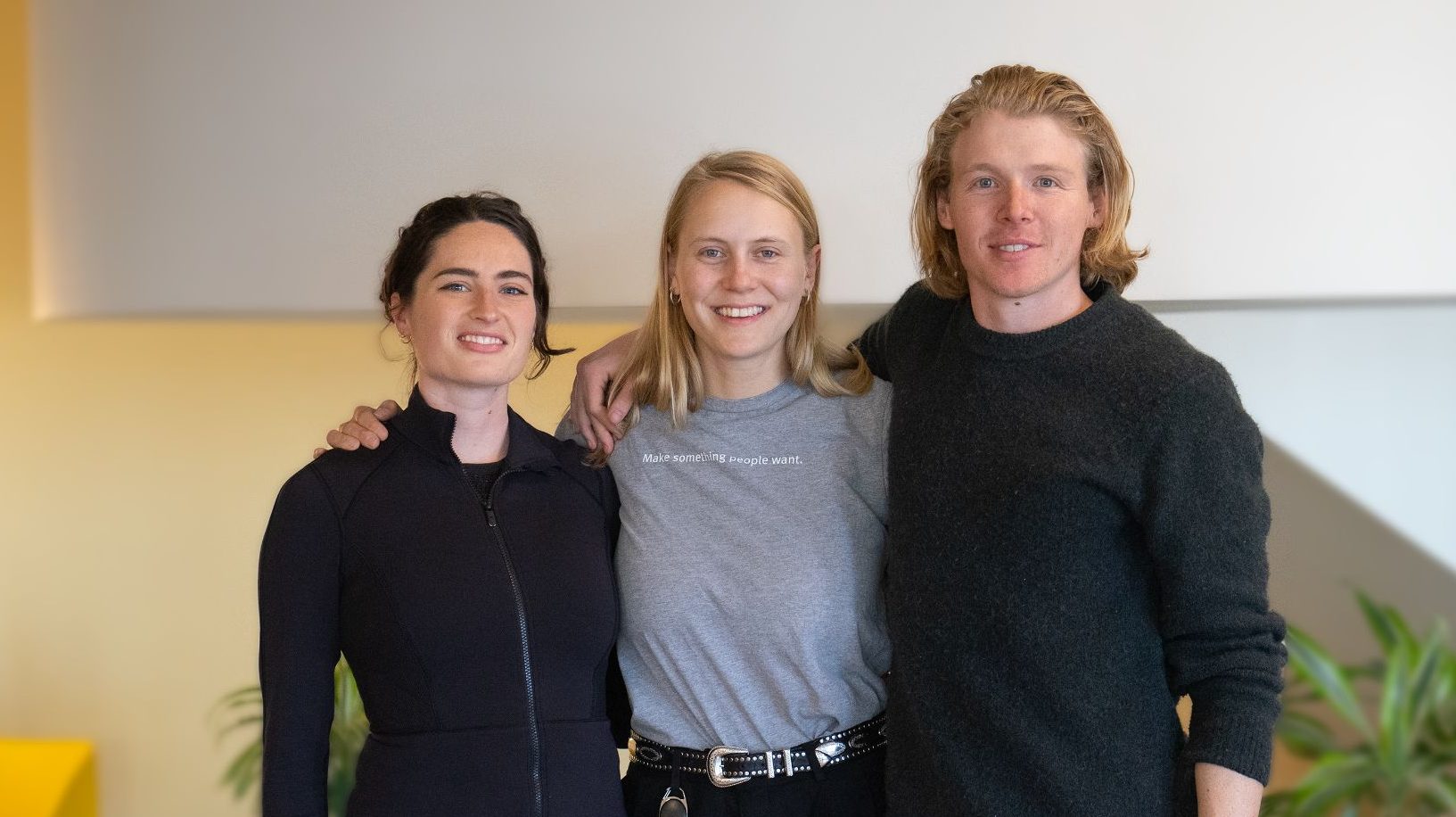Cows are a significant source of methane emissions, primarily due to their unique digestive system. Milk and beef cows are ruminants, which means they have a specialized stomach chamber (called the rumen), which houses billions of microbes that facilitate the breakdown of fibrous plant material. The process is called “enteric fermentation,” and as these microbes work to digest the cellulose found in the cows’ diet, methane is produced as a byproduct. That’s a problem: The EPA identifies methane as being about 25 times more potent as CO2 as a greenhouse gas. Alga Biosciences leaps to the rescue, creating a new feed for cows that dramatically reduces how much burping goes on.
“Enteric methanogenesis, also known as cattle burps — is the single biggest source of anthropogenic methane emissions in the world. During the digestive process of cows, sheep, goats and other ruminants, microbes in the stomach of these animals break down food into smaller components, such as carbohydrates, proteins and fats. As a byproduct of this process, methane is produced and released into the atmosphere when the animal belches,” explains Alex Brown, co-founder/CEO of Alga Biosciences in an interview with TechCrunch. “When we got into Y Combinator, we put all of our money at the time into academic live animal trials to test our product, and found that methane emissions from beef cattle were undetectable with our approach. This is the first time results of this magnitude have been observed in live animals.”
Reducing belching has a side effect beyond just the environment. Methane is full of energy, and Alga claims that roughly 12% of all the calories a cattleman feeds his cow end up being wasted in the form of methane burps. This is a massive hidden cost for farmers, and it poses a huge opportunity for re-directing those calories to meat and milk production. The theory goes that kelp-based feed additives provide a direct avenue to reduce anthropogenic methane emissions; it could also be a massive economic benefit for farmers.
The company raised a round led by Collaborative Fund, and the company now has raised a total of $4 million in funding. In addition to Collaborative, Y Combinator, Day One Ventures, Cool Climate Collective, Pioneer Fund, Overview Capital and others also participated. The company has also received a grant from USDA Climate Smart Commodities.

Caroline McKeon (co-founder and Chief Scientific Officer), Daria Balatsky (co-founder and Chief Technology Officer), Alex Brown (co-founder and CEO). Image credit: Alga.
“The best climate tech startups will build solutions that reduce greenhouse gas emissions while being cheap, scalable and safe. We are thrilled that cattle farmers, like us, believe that Alga’s solution hits that trifecta,” said Tomas Alvarez Belon, investor at Collaborative Fund. “We are thrilled to support Alga Bio in this journey to create a methane-free world.”
The company is working on producing its feed additive for larger commercial pilots, and the company tells TechCrunch it can already produce at a scale of tens of thousands of head per day. There’s plenty of scale for growth; some sources estimate that there are around 1.5 billion cows in the world.
